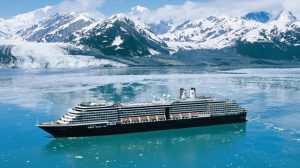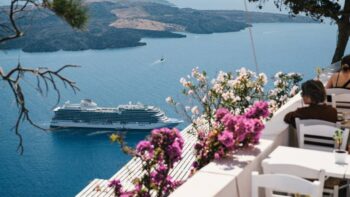“This Global Coral Assessment raises the alarm for urgent collective action to stop the decline of coral reefs worldwide,” Picco stated. “The MSC Foundation is proud to partner with the IUCN Coral Red List team, who have done an exceptional job collecting the data to assess and report on the status of the world’s reef-building corals.”
She added, “The IUCN Red List guides our Foundation in making science-based philanthropic decisions, for lasting and impactful conservation efforts that contribute to preserving our planet. It will continue to be a vital resource for our family-led Foundation for generations.”
The assessment reviewed the conservation status of 892 warm-water reef-building coral species, uncovering a worrying trend of escalating risk.
In 2008, the IUCN Red List found one-third of coral species to be threatened; now, climate change, warming events, severe bleaching, pollution, agricultural runoff, disease, and unsustainable fishing are cited as major threats.
The report recommends actions such as mitigating these threats, bolstering species resilience, and researching coral adaptation to warmer waters.
The MSC Foundation’s work on Ocean Cay in the Bahamas, which includes cultivating resilient, critically endangered elkhorn coral in an open-water nursery, has gained heightened importance in light of this assessment.
“The latest global assessment brings troubling news for corals, with more than 340 species now being considered at risk of extinction. Much work remains to be done to secure the future of these species and the vital reefs they form. An ocean without functioning coral reefs would be a bleak reality, highlighting the urgent need to find solutions to the climate crisis while simultaneously addressing today’s coral crisis," said Professor David Smith, MSC Foundation Chief Scientific Advisor.
"The IUCN report highlights two key coral species that have been central to our collaborative research focused on identifying resilient coral genotypes enhancing the efficiency—and, by extension, the success—of restoration efforts designed to rebuild critical coral ecosystems."
The Foundation’s Super Coral Program, launched in collaboration with university partners in 2020, has observed a 100% survivorship rate of nursery corals following recent warming events. This program builds on MSC Cruises’ extensive restoration of Ocean Cay’s marine ecosystem, which began in 2015 with the redevelopment of the former sand mining site.






